Obviously crypto has many flaws, but I don't think people broadly realise how fragile the banking system really is.
Most banks hold just ~5-15% or so of their deposits in liquid assets. This means that if 20% of the deposits get withdrawn, they'll already have to liquidate assets at discounted prices to be able to deal with outflows.
There are typically deposit insurance schemes in place to convince people there's no need to withdraw even in times of stress. These deposit insurance schemes however only work if a government can print unlimited money - which is sometimes the case, but not always.
As an example - Ecuador cannot. They use the dollar, but can't print dollars. If depositors withdraw en masse, there is a deposit insurance fund but it only holds an X amount of dollars (about 8% of total deposits) - after that all bets are off.
To add to the fragility - the more people know about how the banking system works and about economics, the more likely they are to withdraw. If you know people are withdrawing money from a bank, and you know there is a limited deposit insurance fund, you'd be wise to withdraw.
If you know even more, you'll realise the government will try to stop bank failures through bank holidays & capital controls, meaning you'll want to "beat the clock" and get your money out before governments can stop you. You'd want to hold cash, probably USD, or get your money out of the country, or hold crypto.
Bankruns, as these are called, are also self-reinforcing. If there's a run on one bank in Ecuador, that means there is less deposit insurance available afterwards for those insured at other banks. So best withdraw there too! Bankruns followed by clampdowns with capital controls aren't new. See Argentina, or Lebanon, or China, or Cyprus or.. well, Ecuador.
The more people have access to the internet, to information, and the more money is able to flow freely, the more fragile things become. In 2000, a bankrun might start, then some would read about it in the paper, then a few days after some more would read it in the paper. People could call each other, sure. Nowadays, everyone is on some social network, and information travels at lightspeed.
It also becomes more likely to "accidentally" trigger a bank run. Let's say bank A offers a high interest rate. Many will want to switch to this bank for their deposits, withdrawing from their current banks B, C and D. The more this happens online, and the more easily information spreads, the more this leads to massive inflows and outflows and problems for banks.
Even countries where the government can print extra money are vulnerable to this, but that's a post for another time. Banking systems are inherently vulnerable, fragile and unstable, in a way that crypto at its base layer is not.
[link] [comments]

You can get bonuses upto $100 FREE BONUS when you:
💰 Install these recommended apps:
💲 SocialGood - 100% Crypto Back on Everyday Shopping
💲 xPortal - The DeFi For The Next Billion
💲 CryptoTab Browser - Lightweight, fast, and ready to mine!
💰 Register on these recommended exchanges:
🟡 Binance🟡 Bitfinex🟡 Bitmart🟡 Bittrex🟡 Bitget
🟡 CoinEx🟡 Crypto.com🟡 Gate.io🟡 Huobi🟡 Kucoin.
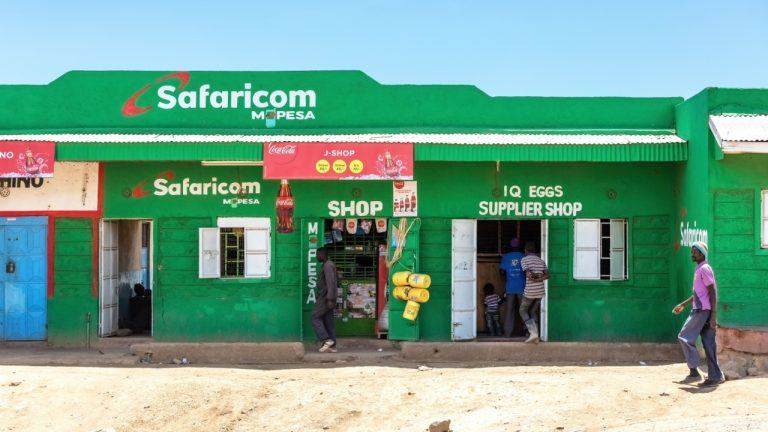




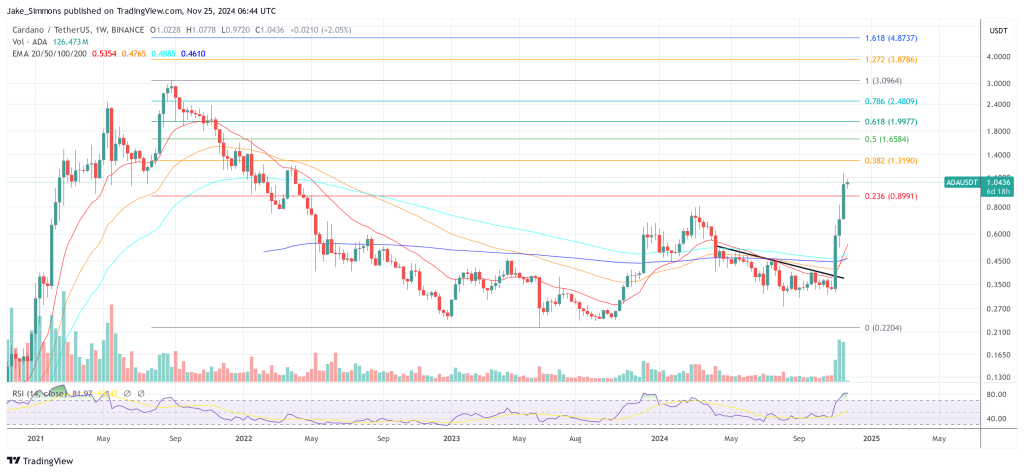
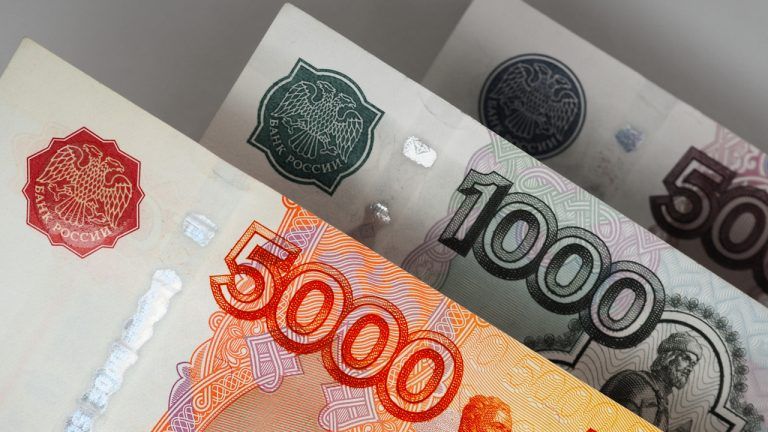
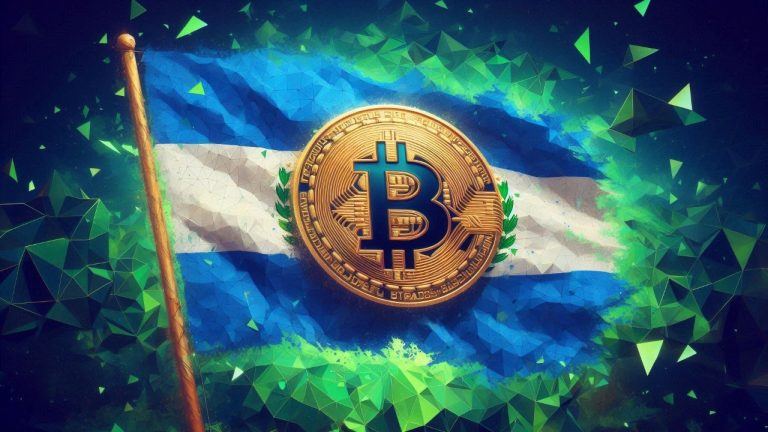

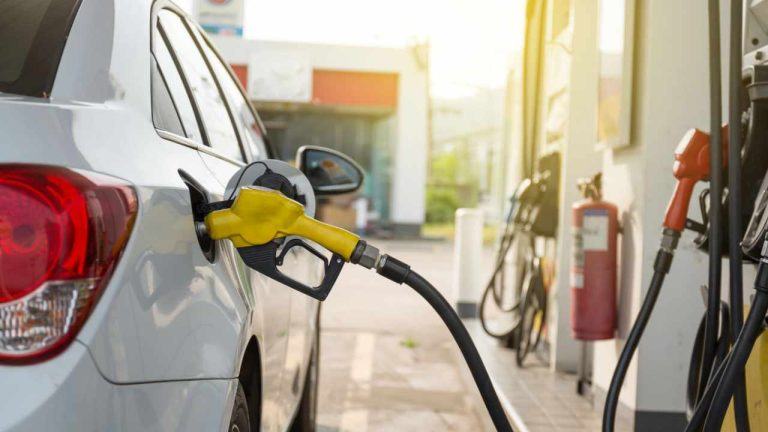




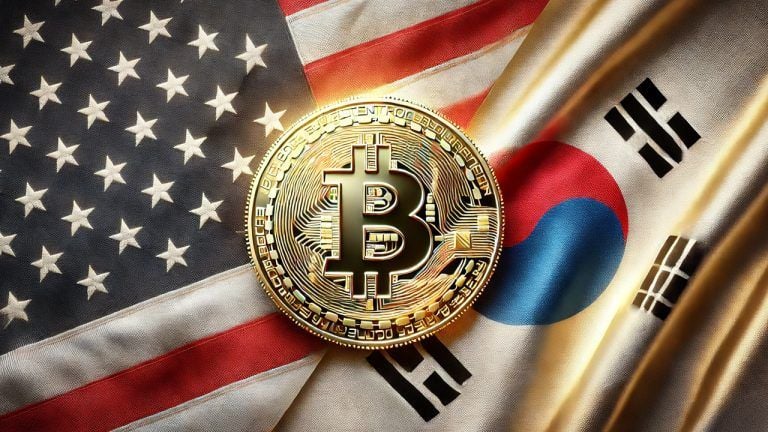


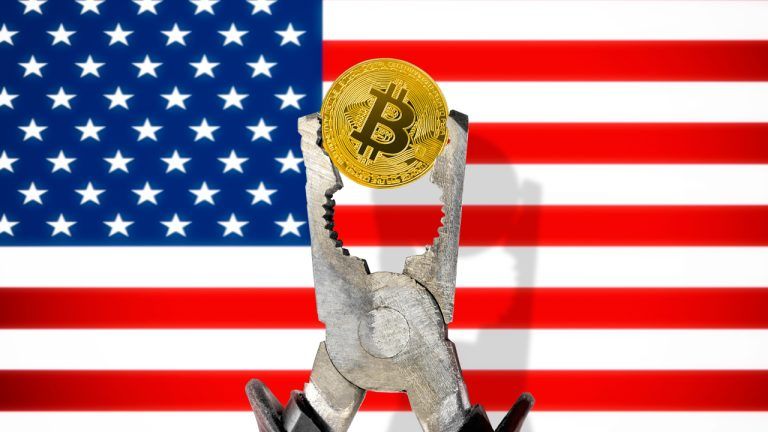


Comments